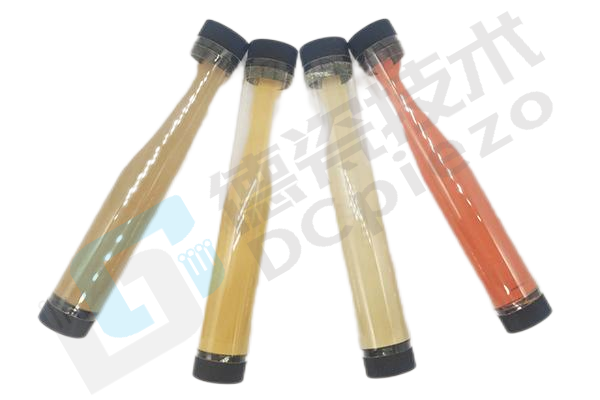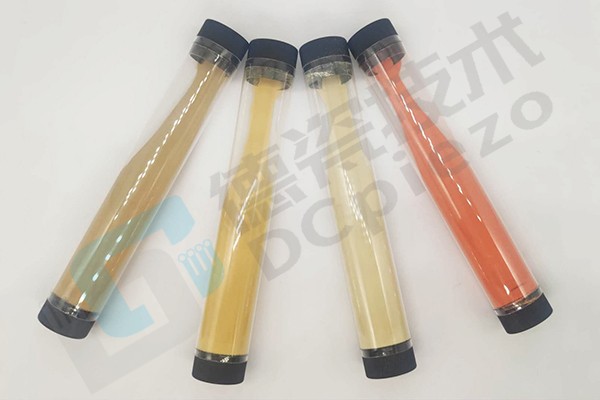Piezoelectric Ceramic Powder
A core foundational material for high-performance piezoelectric devices, formulated with advanced composition processes to deliver exceptional piezoelectricity, dielectric properties, and stability. Precise control over material composition and microstructure enables tailored hard/soft piezoelectric characteristics for applications in underwater acoustics, sensors, ultrasonic equipment, and precision actuation, making it the ideal choice for high-efficiency piezoelectric components.

Piezoelectric Ceramic Powder

As a leading supplier of piezoelectric ceramic raw materials, we empower clients in hydroacoustic detection, smart sensing, and precision actuation through high-performance powders and collaborative innovation, driving cutting-edge advancements in piezoelectric technology.
Structural Design
The powder is based on a lead zirconate titanate (PZT) system, optimized via phase-boundary engineering and doping modification to enhance crystal structure for high electromechanical coupling and low loss.
● Hard Powders: Dense grain boundaries improve mechanical strength.
● Soft Powders: Ion doping enhances lattice flexibility for multilayer monolithic processes and low-temperature sintering (e.g., DCP46, DCP51), enabling complex device fabrication.
Material Properties
● Hard PZT Powder:
○Low dielectric loss (tanδ ≤0.8%), high mechanical Q-factor (Qm ≥800), and power durability.
○Typical models (DCP42/44/46): Dielectric constant 1200–1380, electromechanical coupling coefficient kp ≥0.59, ideal for high-stability emission.
● Soft PZT Powder:
○High dielectric constant (ε33 up to 4500), large piezoelectric strain constant (d33 ≥680×10⁻¹² C/N), and kt ≥0.78 for high displacement/sensitivity.
○Typical models (DCP5A/51/5H): Suited for precision actuation and high-sensitivity sensing.
Core Advantages
● Customizable Performance: Full gradient design from hard to soft powders to match device requirements.
● Process Compatibility: Supports conventional (1260°C) and low-temperature (down to 985°C) sintering for multilayer structures.
● Thermal Stability: Curie temperature (Tc) 200–320°C ensures reliability across wide temperature ranges.
Typical Applications
● Hard Powders: Ultrasonic cleaning/atomization transducers (DCP44), hydroacoustic sensors (DCP42), high-power welding/emulsification systems (DCP8).
● Soft Powders: Precision actuators (DCP5H), high-sensitivity receivers (DCP51), sonar detectors (DCP5A).
Core Guarantees
● Full-Process Quality Control: Strict monitoring from raw material selection to sintering ensures batch consistency.
● Custom Development: Adjustable parameters (e.g., dielectric constant, d33) per client specifications.
● Technical Collaboration: Comprehensive guidance from material selection to device design for accelerated product development.
